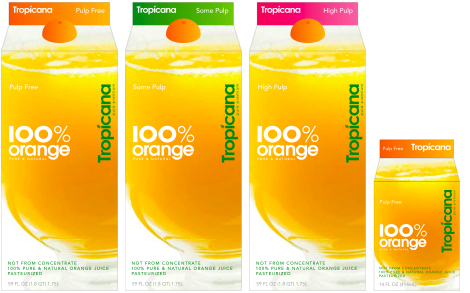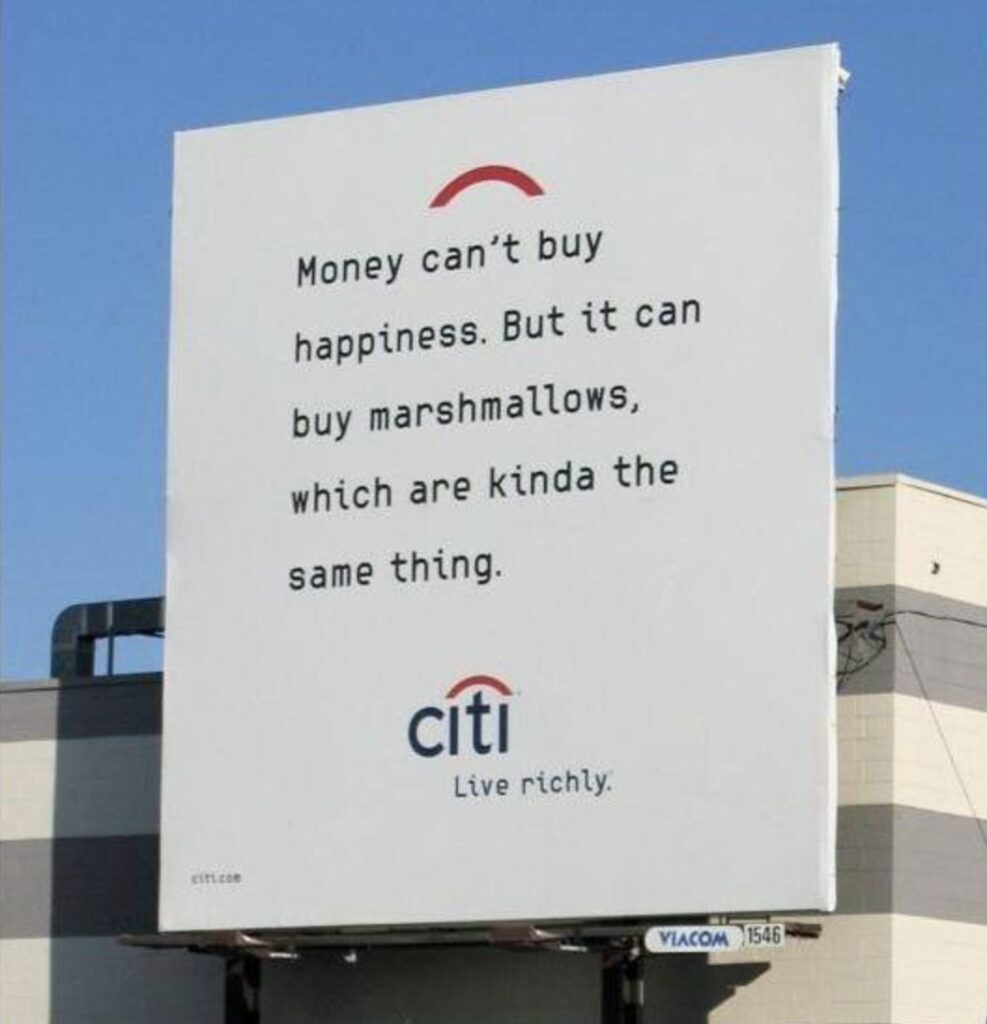Iconic Ads: Volkswagen – Funeral

If you go for the worst idea instead of the finest one, you’ll instantly clear the lofty goal you’d set for yourself.
Instead of aimlessly pursuing brilliance the next time you set out to find a fantastic idea, whether on your own or as part of a team, try starting with the question of what the worst conceivable concept possible is, and there you may have a solution.
In 1969, the assignment was simple enough: promote the cost-savings of Volkswagen ownership. Roy Grace and John Noble at DDB questioned themselves about this exact question when they were asked to come up with a film script for a new Volkswagen commercial. An advertising classic was created when they sought out the worst possible situation in which to advertise a vehicle—in this instance, a funeral.
If you go for the worst idea instead of the finest one, you’ll instantly clear the lofty goal you’d set for yourself. By distracting yourself, you trick your brain out of the state of dread that would otherwise stifle your ability to think creatively. It’s amusing to consider what might be a bad plan. It’s funny and delightful. Additionally, laughter relieves tension, and stress kills creativity.
Roy Grace’s well-known commercial “Funeral,” which is based on his observation of a line of cars, depicts a funeral procession of posh cars as a grumpy old man reads his will from beyond the grave. Scolding his family for luxury, the dead miser compliments his frugal nephew, Harold, for pulling up the tail of the parade in his inexpensive black VW bug. Naturally, Uncle Harry leaves his whole $100 billion inheritance to Harold.
It’s precisely in this sort of fruitful hunting field that you may uncover an innovative solution to the task you’re taking on and that you might stumble into a good idea by purposefully pursuing a terrible one.
It was the first time that death and funerals had been mocked in an American television advertisement.
Also, adding a dash of irreverence to your communications is a certain way to grab your audience’s attention, win over their hearts, and keep them laughing. When you poke fun at the system, people cheer you on. The client’s brother had tragically passed away shortly before the presentation of the “Funeral” storyboard. Fortunately for Roy Grace and everyone else, the client did not change his mind for personal reasons.
Why is irreverence so important? It’s easy to make people laugh, but much harder to craft a message that will last. Usually, levity on its own isn’t enough. After a while, the humour in a cheap gag starts to get old. Laughter must have a twist. An irreverent advertisement has a distinct tone.
Howard Zieff was in charge of directing it.




1 Comment